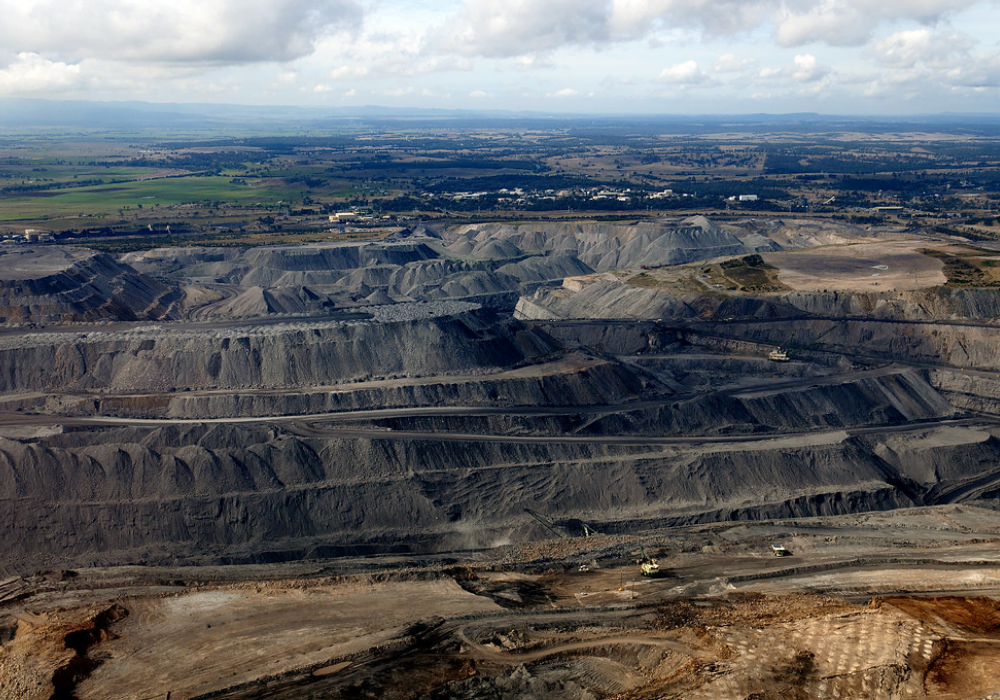Whilst the G7 Summit last weekend failed to deliver the ambitious climate action many seek, and the world needs, coal – particularly thermal coal – came in for special attention.
(Our plan is a 55% reduction in Australia’s carbon emissions – excluding land use and land use change – by 2030, and for no new coal, oil or gas extraction to be approved (including extensions to existing operations. )
The G7 leaders said: “
…we commit now to an end to new direct government support for unabated international thermal coal power generation by the end of 2021” with the aim of ending energy generation from coal by 2030 (although a firm commitment on that date remains to be made).
Importantly, the communique includes this phrase:
Domestically, we commit to achieve an overwhelmingly decarbonised power system in the 2030s and to actions to accelerate this.
Japan, a member of the G7 is a key customer of Australia’s coal and gas. Renew Economy puts Japan’s trade in Australian coal and gas at 41% and 42% of total export value. This G7 commitment puts a 10-20 year window on a massive segment of the export market for these two commodities.
But this should not come as a surprise. China and South Korea have also indicated they will be cease purchasing Australian coal and gas over the coming decade or so as they, too, go about the process of decarbonising their economies, starting with their energy grids. The International Energy Agency (iea.org) Net Zero by 2050 report recommends no new fossil fuel extraction projects or new coal power plants from today, if we’re to meet the goals of the Paris Agreement and limit global warming to 1.5C.

The pipeline for new fossil fuels projects must stop, and stop now.
The pressure to act is certainly growing around the world. The ruling in the Dutch courts recently in which Shell Corporation is obligated to reduce its global emissions footprint by 45%. Notably, this reduction must include Type 3 emissions. The ruling is a landmark and will almost certainly be replicated in other jurisdictions. On the same day, activist investors in Exxon staged a Board takeover, winning 3 seats with the support of large institutional investors unhappy at the company’s lack of progress on climate change. See the story here.
In light of these events, the IEA report, the G7 communique and Australia’s poor record on emissions reduction to-date (barely any at all), projects such as the Santos Barossa field north of Darwin seem reckless at best. According to a report in Crikey, the offshore processing alone will generate 3.38 million tonnes of CO2 per annum, before the gas is even used.
Despite the Government’s soft rhetoric around achieving net zero as soon as possible and ‘preferably before 2050’ their actions bely even these vague promises. As recently as this morning the Nationals’ Resources Minister, Keith Pitt MP, threatened that the Coalition government cannot commit to a net zero target without the support of the Nationals (which so far has been unforthcoming).
Yesterday, to coincide with the opening of this conference, I was delighted to announce the 2021 offshore petroleum exploration acreage release. This is a central component of the government’s strategy to promote and encourage investment in petroleum exploration.
Minister Pitt, speaking at a conference in Perth yesterday
One of those releases sits just offshore of the Twelve Apostles on the Great Ocean Road in Victoria – one of the most iconic tourist destinations in Australia.
These actions are inconsistent with the reality of the climate emergency facing the world. They are inconsistent with the requirement for a Decade of Action on climate change and emissions reduction. They are inconsistent with the science; and they are a breach of the recently-acknowledged Duty of Care the government has to all young Australians.
UPDATE: Alan Kohler, writing for the New Daily, raised many of these issues in his article from June 23. Read his take here: https://thenewdaily.com.au/finance/2021/06/24/alan-kohler-climate-change-cost/

